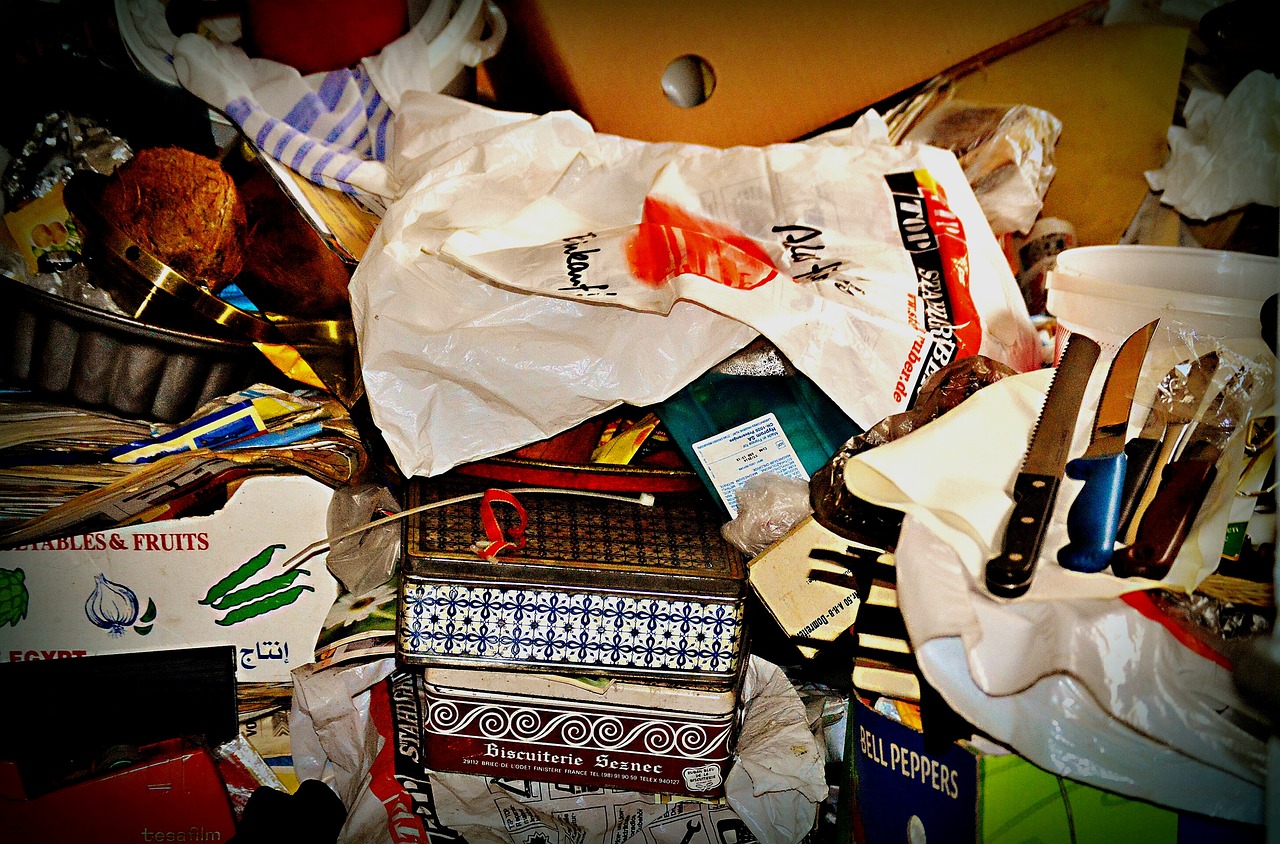The current situation of the increasing waste in commercial areas has made it a concern for many businesses to manage their waste properly. No matter how big or small a business is, waste production is inevitable, and its management is a must. Waste is a collective term used for a wide range of useless trash items that are to be disposed of. Businesses need to opt for eco-friendly waste collection and recycling methods to make sure that their business is not making the world a place hard to live. So, if you are planning to hire a cheap commercial skip hire near me, here is what you need to know the type of waste they will collect.
Food Waste
Every office wastes a lot of food during the mess hours that makes it important to collect it the right way. Food waste can be collected by putting separate food bins so that they can be easily recycled in biogas or bio-fertilizers. Make sure that food waste is separated from the fresh food area. This type of waste should be contained in sealed-shut or zip packs before putting them in the containers or bins. It makes it easier for the skip hires to collect and separate the type of waste easily.
Plastic Waste
Plastic waste is another type of waste that is collected and recycled. The plastic waste is cleaned, baled, and melted for recycling and reusing. Offices dump a lot of plastic wastes including stationery items, water bottles, and other materials. Although the UK government has pledged to reduce the use of plastic, the end of plastic use seems unending. Regular sorting and removal of plastic waste can help you a great deal in maintaining a healthy business environment. Skip hire companies offer special plastic disposing and recycling bins to commercial spaces and collect the plastic wastes directly from there.
Metal & Glass Waste
Scrap waste such as metal and glass can also be collected and recycled to produce new products as well. For example, if used or cracked glasses are disposed of from any residential or commercial area, they can be reused by colouring, cleaning, crushing, melting, and recreating into new styles. Re-coloured or cleaned glasses are usually sold in second-hand shops where people can get them at affordable rates. On the other hand, metal waste recycling depends on the quality of scraps. Different metal parts and pieces can be easily moulded into new items.
Hazardous Waste
Hazardous waste is the type of waste that is harmful to human beings as well as for animals and any living being. Chemicals and nuclear wastes coming out from factories and different industrial plants such as asbestos, batteries and chemicals, and inedible oils can be collected with proper precautions and following legal procedures.
Clinical Waste
Clinical wastes such as branulas, syringes, blood bags, cotton, bandages, and medical instruments also come under collectable waste. This type of waste should be carried in special disposable containers according to the regulations of Controlled Regulations of 1992.



